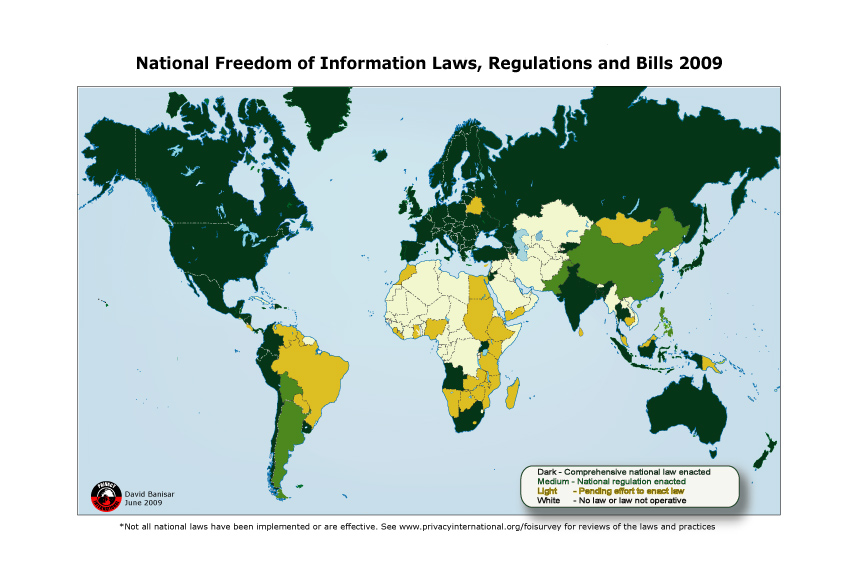What is Principle 10?
“Environmental issues are best handled with participation of all concerned citizens, at the relevant level. At the national level, each individual shall have appropriate access to information concerning the environment that is held by public authorities, including information on hazardous materials and activities in their communities, and the opportunity to participate in decision-making processes. States shall facilitate and encourage public awareness and participation by making information widely available. Effective access to judicial and administrative proceedings, including redress and remedy, shall be provided.”
This important statement is known as Principle 10 of the Rio Declaration.
In 1992, at the Rio Earth Summit people from all over the world came together calling for a more sustainable future. During this conference 178 governments committed to 27 legally non-binding principles designed to commit governments to balance the needs for environmental protection and development
Principle 10 is the first international declaration which recognises the rights of people to hold governments accountable for their policies regarding the environment. The principle provides a means for people to truly have a voice and choice regarding the decisions made by their political leaders and government agencies about environmental issues that affect livelihoods and long term wellbeing.
In order to ensure that Principle 10 was being implemented, a group of civil society organizations (CSOs), from all over the world came together and established The Access Initiative (TAI). TAI is the world’s largest network of civil society organizations and activists working to ensure that people have the right and ability to influence decisions and policy about the environment and sustainable development at the national, regional and global levels.
TAI Partners work in 50 countries to advance the fundamentals of Principle 10, known as ‘access rights’ (the right to obtain government information, the right to participate in government decision-making and the right to seek justice are a bundle of valuable rights). In order to promote these rights, TAI Partners:
-
conduct research using evidence based research assessments to advocate for legal, institutional and practice reforms
-
raise public awareness,
-
and engage their governments and other democratic institutions in a constructive dialogue to create change within their countries.

